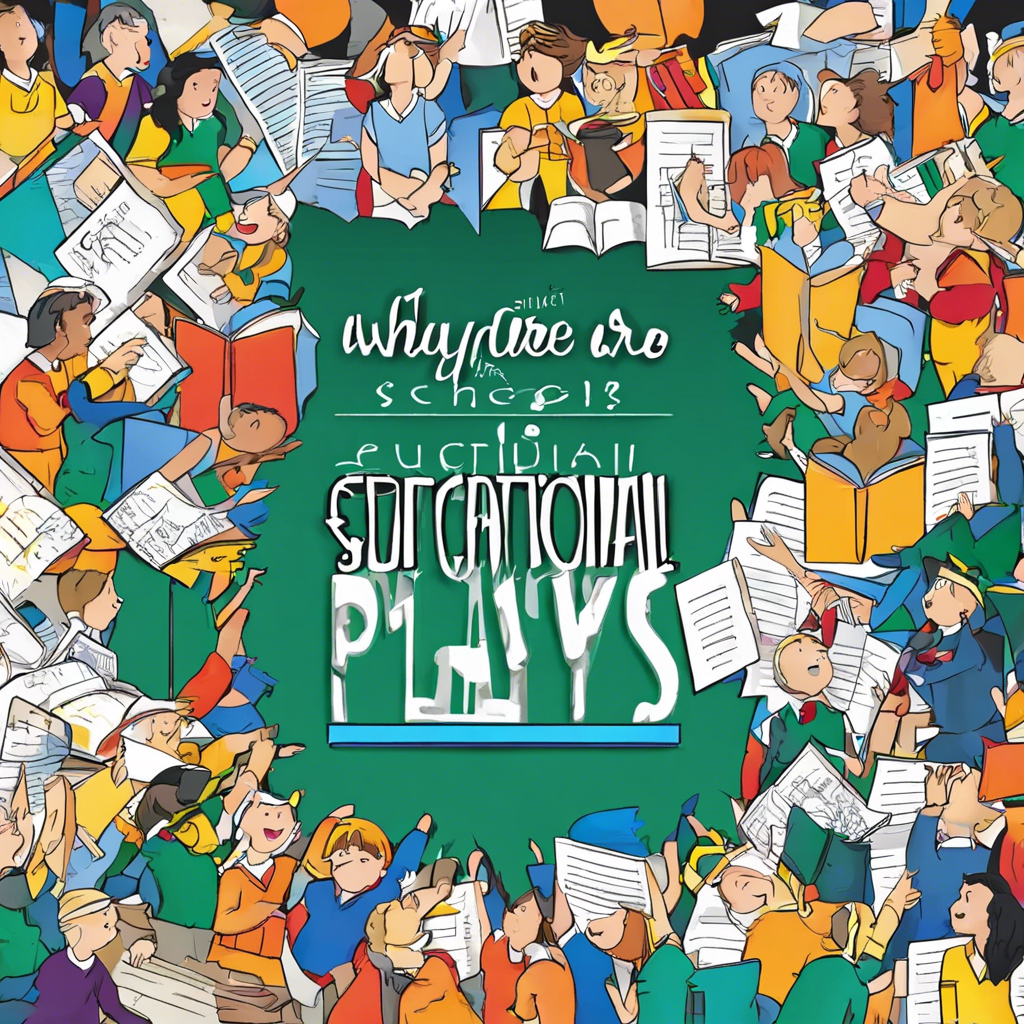School plays are an invaluable educational tool that offers a myriad of benefits to students, teachers, and the wider school community. These theatrical productions are not merely fun extracurricular activities but powerful learning experiences that enrich the school curriculum. By actively participating in plays, students embark on an immersive journey that enhances their academic, social, and emotional growth. The process of putting on a play requires collaboration, creativity, and communication, fostering a unique learning environment that transcends traditional classroom boundaries.
One of the most significant advantages of school plays is their ability to bring learning to life. Through drama, students can embody historical figures, literary characters, or even scientific concepts, making abstract ideas tangible and memorable. For instance, a play about the American Revolution can transport students back in time, allowing them to experience the struggles and triumphs of the colonial era. This immersive experience makes history come alive, fostering a deeper understanding of events and figures studied in textbooks and lectures. Similarly, a play based on a novel or poem can help students appreciate the nuances of literature, as they interpret characters and storylines through their performances. By engaging multiple senses and encouraging active participation, school plays provide a dynamic learning experience, making complex subjects more accessible and enjoyable.
##
Moreover, school plays contribute to the development of essential skills that are vital for students’ personal growth and future success. Taking part in a play requires students to memorize lines, understand character motivations, and work collaboratively as part of an ensemble. These activities foster improved memory, concentration, and critical thinking abilities. Students learn to analyze scripts, interpret text, and make creative choices, thereby enhancing their language and communication skills. Additionally, school plays promote public speaking skills, boosting confidence and self-assurance. The process of working together towards a common goal teaches students the value of teamwork, cooperation, and mutual support. As they overcome challenges and solve problems collectively, they develop resilience and adaptability, traits that are highly prized in today’s ever-changing world.
In conclusion, school plays are an exceptional educational resource that offers a holistic approach to learning. They provide students with a practical, hands-on opportunity to apply what they’ve learned in the classroom, fostering a deeper understanding and appreciation of various subjects. Beyond academics, school plays cultivate essential life skills, including creativity, collaboration, and confidence. As students engage in this unique form of self-expression, they also learn about time management, discipline, and the value of hard work. The experience of participating in a school play can leave a lasting, positive impact on students, fostering a love for the arts and a sense of community that extends far beyond the stage. Thus, it is clear that school plays are not just entertainment but are integral to a well-rounded education, enriching students’ lives and preparing them for a bright future.
